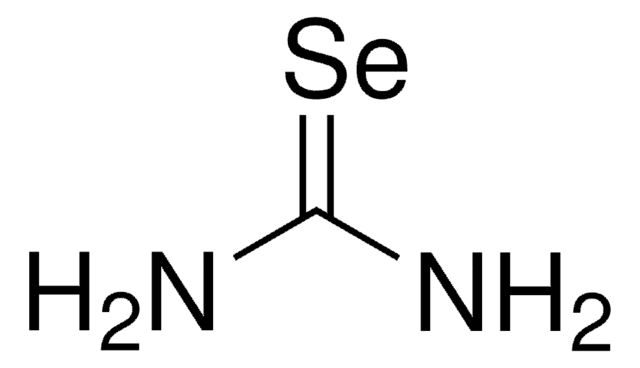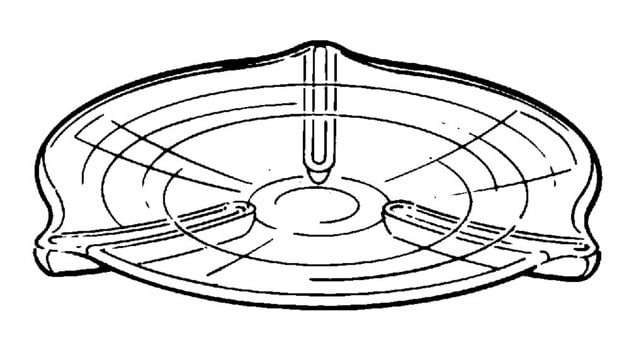431648
Sodium sulfide nonahydrate
≥99.99% trace metals basis
Synonym(s):
Disodium sulfide nonahydrate, Sodium sulfide enneahydrate
About This Item
Recommended Products
Assay
≥99.99% trace metals basis
form
crystals and lumps
reaction suitability
reagent type: catalyst
core: sodium
impurities
<100 ppm total metallic impurities
anion traces
SO32- and S2O32-: ≤0.1%
cation traces
Fe:, passes test
NH4+: ≤0.005%
storage temp.
2-8°C
SMILES string
O.O.O.O.O.O.O.O.O.[Na]S[Na]
InChI
1S/2Na.9H2O.S/h;;9*1H2;
InChI key
UIINQVYGFKNSPA-UHFFFAOYSA-N
Looking for similar products? Visit Product Comparison Guide
Related Categories
General description
Application
Signal Word
Danger
Hazard Statements
Precautionary Statements
Hazard Classifications
Acute Tox. 3 Dermal - Acute Tox. 4 Oral - Aquatic Acute 1 - Aquatic Chronic 1 - Eye Dam. 1 - Skin Corr. 1B
Storage Class Code
6.1D - Non-combustible acute toxic Cat.3 / toxic hazardous materials or hazardous materials causing chronic effects
WGK
WGK 3
Flash Point(F)
Not applicable
Flash Point(C)
Not applicable
Personal Protective Equipment
Certificates of Analysis (COA)
Search for Certificates of Analysis (COA) by entering the products Lot/Batch Number. Lot and Batch Numbers can be found on a product’s label following the words ‘Lot’ or ‘Batch’.
Already Own This Product?
Find documentation for the products that you have recently purchased in the Document Library.
Customers Also Viewed
Our team of scientists has experience in all areas of research including Life Science, Material Science, Chemical Synthesis, Chromatography, Analytical and many others.
Contact Technical Service











